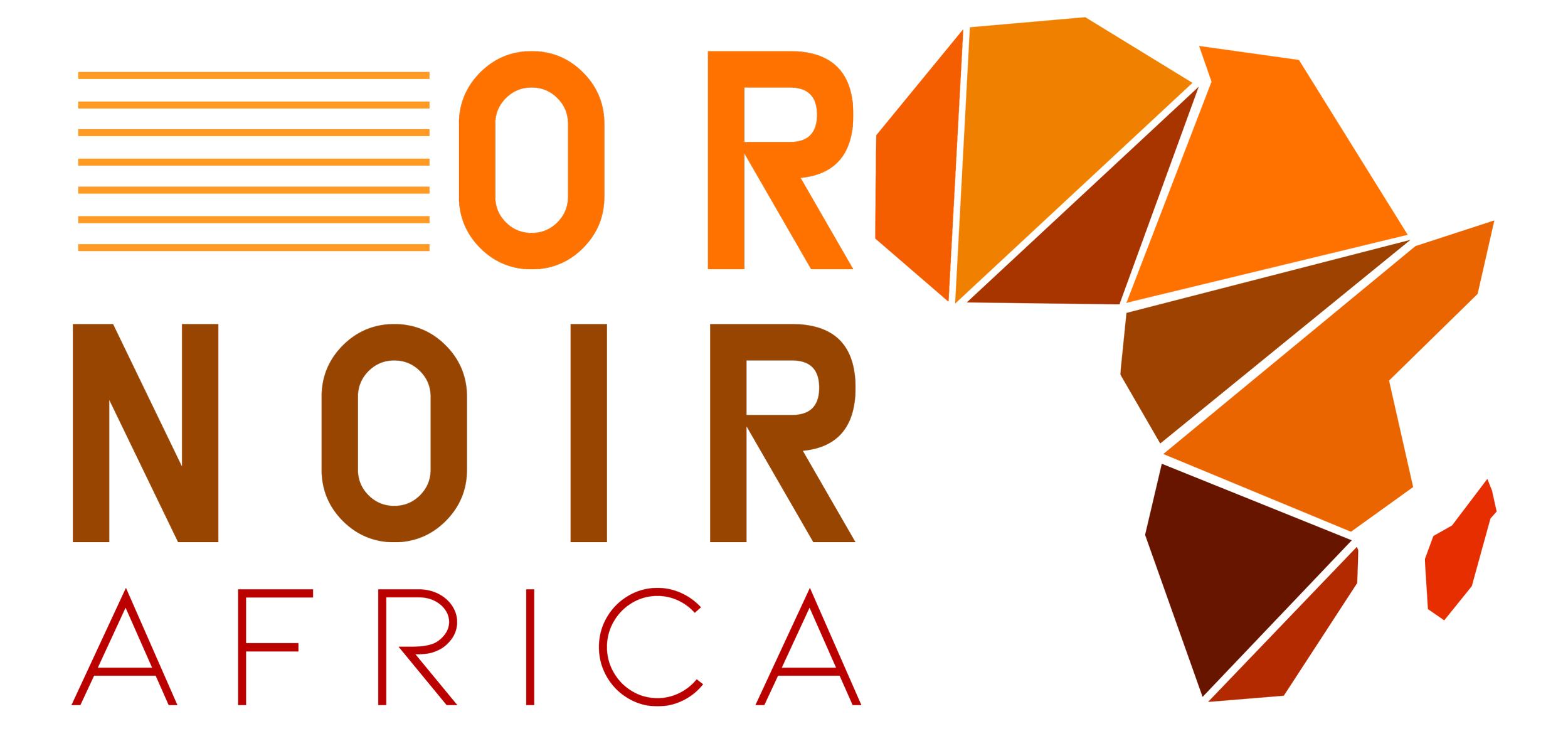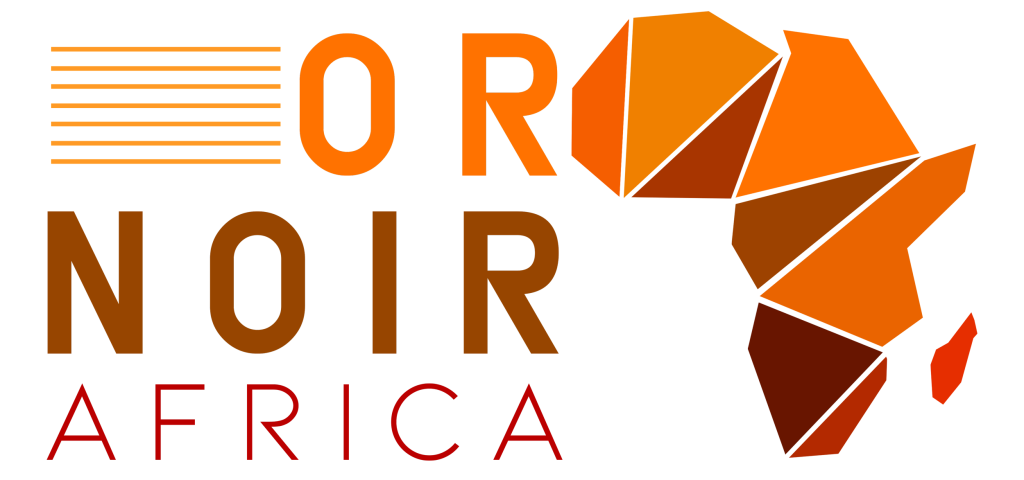Depuis les premières prospections en 1948 et les débuts de la production en 1956, l’industrie pétrolière au Gabon a connu une croissance significative. En 2024, le pays compte 875 puits en production, bien en deçà des 2 000 puits forés par le passé. Les réserves actuelles permettent d’envisager une production continue pour les 12 prochaines années, avec des efforts constants pour prolonger cette durée.
Stratégies pour prolonger les réserves pétrolières
Le Gabon, riche en ressources naturelles, peine à diversifier son économie et dépend encore fortement du pétrole. Malgré une production en déclin, le pays a enregistré en 2022 son plus fort excédent budgétaire depuis les chocs pétroliers de 2014, selon la Banque mondiale. Cependant, les exportations de pétrole, représentant 67% des exportations totales, ont diminué de 4,7% en 2023, atteignant 3 992,7 milliards de francs CFA contre 4 190,5 milliards de francs CFA en 2022.
Réserves et projections
Ernest Ndong Nguema, directeur général des Hydrocarbures (DGH), a déclaré que les réserves actuelles de pétrole brut permettraient de maintenir la production pendant 12 ans si l’on se base sur la production journalière moyenne. Chaque année, des activités sont menées pour augmenter les réserves et repousser cette échéance. La DGH incite les investisseurs à lancer des programmes de forage et de développement pour découvrir de nouvelles poches d’hydrocarbures autour des installations existantes et maximiser l’exploitation des champs en production.
Production actuelle et contributions économiques
Actuellement, 875 puits sont en production au Gabon, générant environ 214 000 barils par jour, soit 8,036 milliards de francs CFA par jour. Les principales entreprises opérant sont Perenco (75 000 barils/jour), Assala (52 000 barils/jour), BW Energy (23 000 barils/jour), TotalEnergies (20 000 barils/jour), Maurel & Prom (20 000 barils/jour), Vaalco (16 000 barils/jour), et la Gabon Oil Company (GOC) (6 300 barils/jour). La production est répartie sur quatre provinces : Ogooué-Maritime, Nyanga, Moyen-Ogooué, et Ngounié.
Avantages fiscaux et opportunités
Le Code des Hydrocarbures gabonais prévoit que l’État perçoive entre 7% et 15% de chaque baril produit via la redevance minière proportionnelle. En fonction des paliers de production, les pourcentages de partage entre l’opérateur et l’État varient, ce dernier percevant au moins 45% et généralement jusqu’à 60% des bénéfices. Le rachat d’Assala par la GOC vise également à maximiser les retombées économiques pour le Gabon.
L’industrie pétrolière reste un pilier de l’économie gabonaise. Avec des stratégies pour prolonger les réserves et maximiser les bénéfices, le Gabon cherche à stabiliser sa production et à assurer une exploitation durable de ses ressources pétrolières. Les efforts de diversification économique restent cruciaux pour réduire la dépendance au pétrole et garantir un développement durable à long terme.


